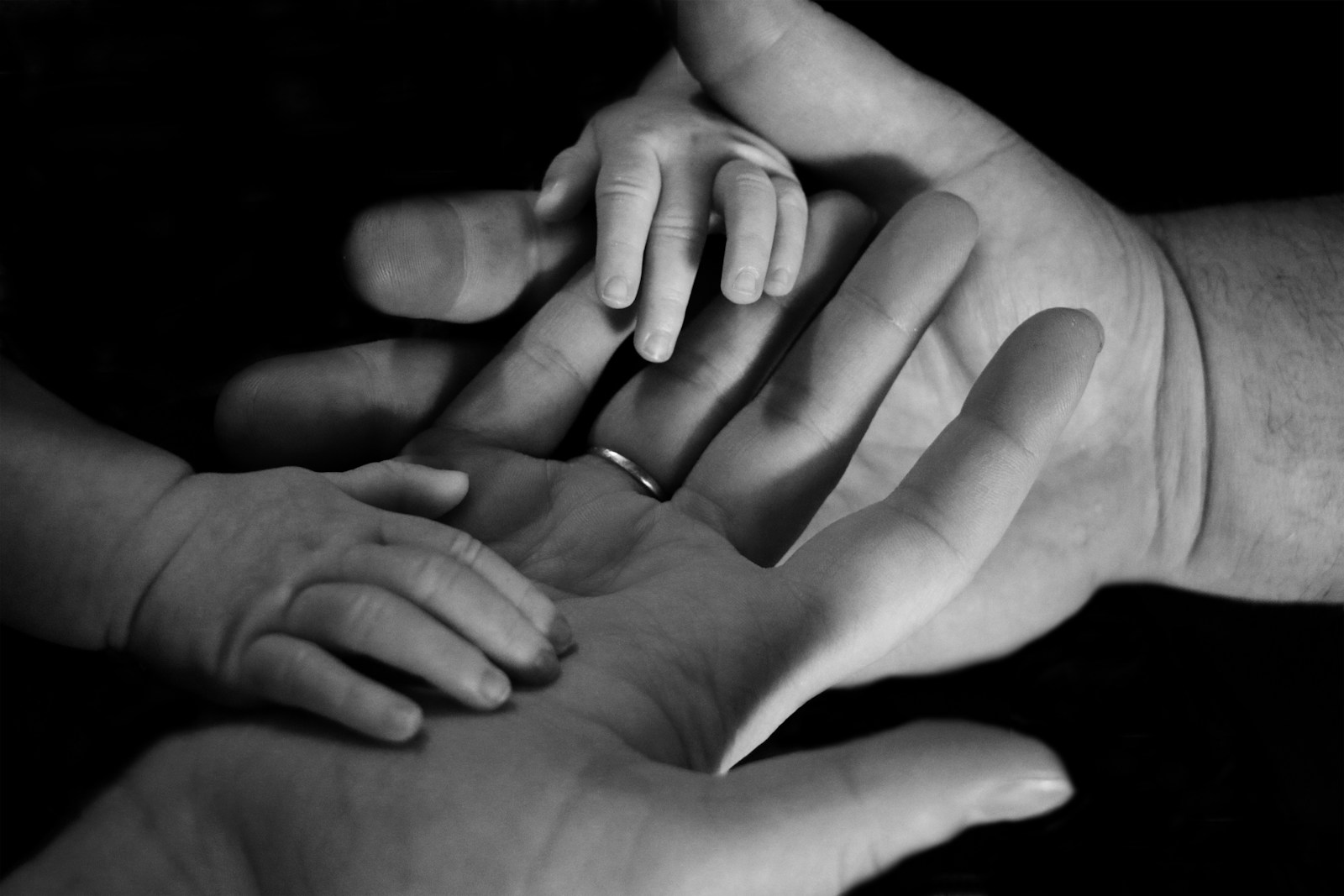
père

father
The French word for father is 'père'. It is commonly used in the same way as in English, to refer to one's biological paternal figure. It can also be used in some contexts to refer to a person who has played a significant male role in one's life. Additionally, 'père' can be used colloquially, much like the English 'old man', to refer to one's father.
Example sentences using: père
Mon père travaille dans une banque.

My father works in a bank.
In this sentence, 'Mon père' means 'My father'. The verb 'travaille' refers to the present tense of 'work'. 'Dans' means 'in', and 'une banque' translates to 'a bank'.
Elle visite son père chaque semaine.

She visits her father every week.
In this phrase, 'Elle visite' translates to 'she visits', 'son père' means 'her father', and 'chaque semaine' means 'every week'. The sentence expresses a routine action in the present tense.
Le livre est à côté du père.

The book is next to the father.
In this sentence, 'Le livre' means 'the book', and 'est à côté du' translates to 'is next to. 'Père' translates to 'father'.
Père de deux enfants, il est très occupé.

Father of two children, he is very busy.
The phrase 'Père de deux enfants' translates to 'Father of two children'. 'Il est très occupé' means 'he is very busy'. This sentence gives information about someone's family status and lifestyle.
Père et fils ont des intérêts similaires.

Father and son have similar interests.
'Père et fils' translates to 'Father and son', 'ont' is a conjugation of 'avoir' which means 'to have', 'des intérêts similaires' translates to 'similar interests'. The sentence shows a shared interest between the father and son.
Le repas préparé par le père était délicieux.

The meal prepared by the father was delicious.
In this sentence, 'Le repas préparé par' translates to 'The meal prepared by', and 'le père' means 'the father'. 'Était délicieux' means 'was delicious'. This phrase describes a past event.
Le chapeau du père est rouge.

The father's hat is red.
The phrase 'Le chapeau du père' translates to 'The father's hat'. 'Est rouge' means 'is red'. This sentence describes a physical attribute of an object owned by the father.
Ta maman et ton père voyagent beaucoup.

Your mom and your father travel a lot.
In this sentence 'Ta maman et ton père' translates to 'Your mom and your father'. 'Voyagent beaucoup' means 'travel a lot', which suggests a frequent action done by the subjects.
Il ressemble à son père.

He looks like his father.
'Il ressemble à son père' translates to 'He looks like his father'. 'Ressemble' is a verb that means 'looks like' or 'resembles', and 'son père' means 'his father'. This phrase makes a comparison between two people.
Comment va ton père ?

In this sentence, 'Comment va' means 'How is'. 'Ton père' translates to 'your father'. It is a common phrase used to enquire about someone's well-being.
None